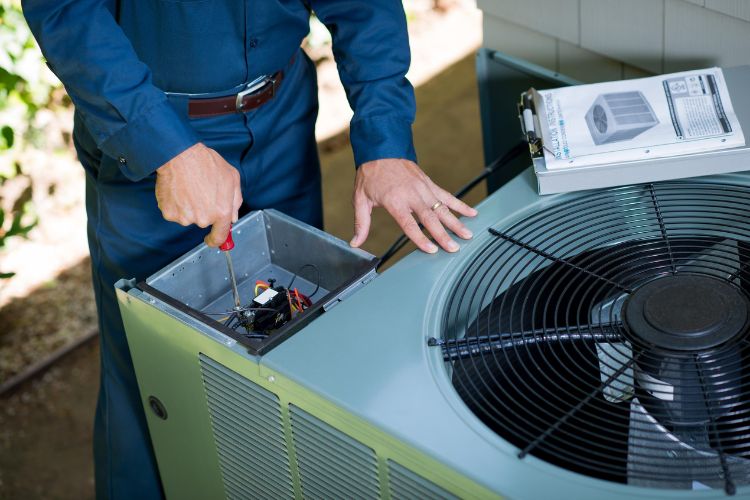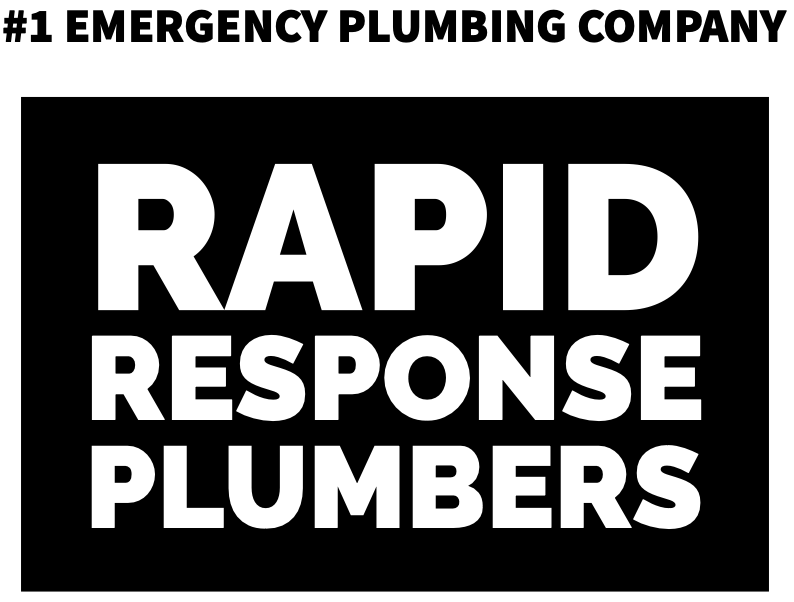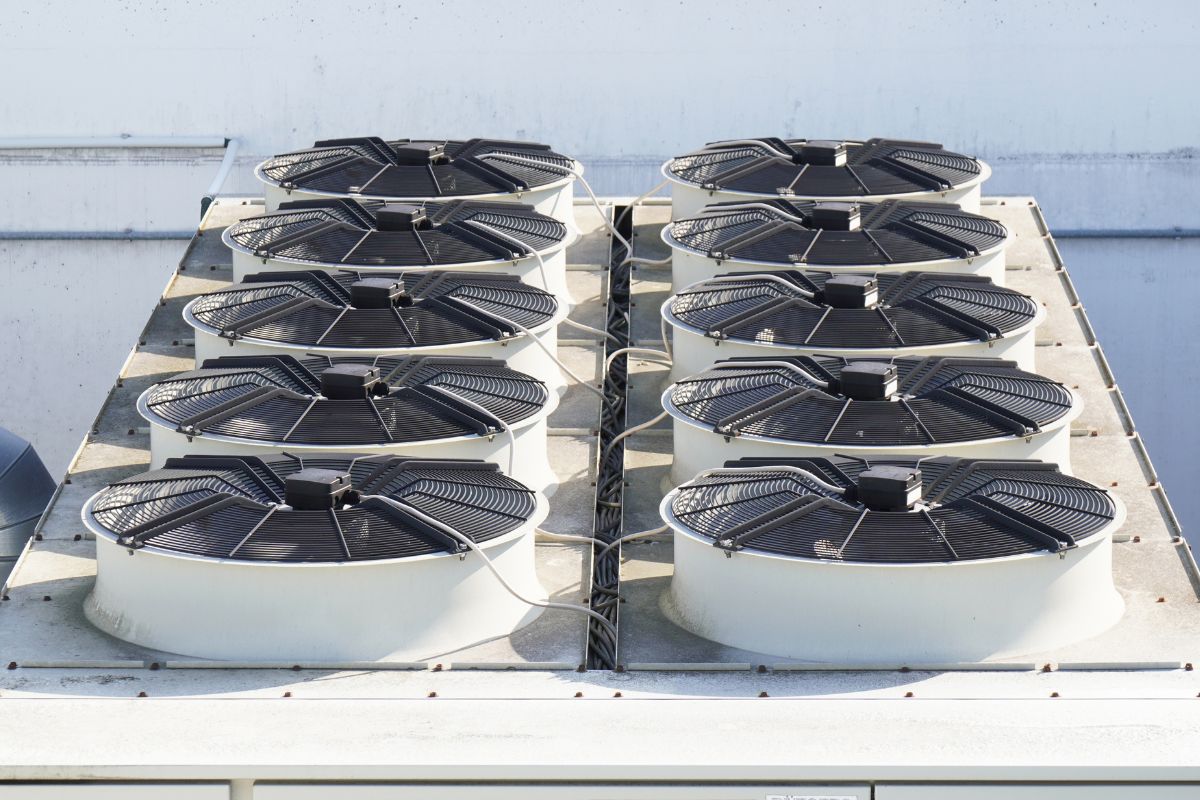An efficient and functional HVAC system is critical to the comfort of your home throughout the year. From sweltering summer days to chilly winter nights, it plays a pivotal role in maintaining a pleasant indoor atmosphere. This comprehensive guide will cover the essentials of HVAC unit repair and installation, providing homeowners with the knowledge they need to make informed decisions.
The Heart of Home Comfort
HVAC stands for Heating, Ventilation, and Air Conditioning. These systems are designed to regulate the temperature and air quality inside buildings. A well-functioning HVAC unit not only keeps temperatures comfortable but also helps in filtering out pollutants, thereby maintaining healthy indoor air quality.
When to Repair or Replace Your HVAC Unit
Knowing whether to repair or replace your HVAC can be a tough decision, but there are key indicators to look out for:
- Age: An HVAC system that is over 10-15 years old may be due for a replacement.
- Repair Frequency: Frequent breakdowns can be a sign that your unit is on its last legs.
- Energy Bills: An unexplained increase in energy bills can indicate your HVAC system is losing efficiency.
- Performance: If your system struggles to maintain the set temperature or has diminished airflow, it may need attention.
The Repair Process
HVAC repair can range from simple filter changes to more complex component replacements. Technicians will typically:
- Diagnose the problem using specialized tools.
- Explain the issue and the needed repairs.
- Provide a clear estimate of repair costs.
- Perform the necessary repairs while ensuring system efficiency.
Installation Considerations
If a new HVAC system is required, considerations include:
- Sizing: A unit that’s too small won’t keep up with demand, while one that’s too large will cycle too frequently, reducing efficiency.
- Type of Unit: Options include central air conditioners, heat pumps, furnaces, and more.
- Energy Efficiency: Units with higher SEER (Seasonal Energy Efficiency Ratio) ratings are more efficient and can lead to savings over time.
- Ductwork: Existing ductwork must be inspected to ensure it can handle the new system.

Preventative Maintenance
To prolong the life of your HVAC system:
- Regularly replace or clean filters.
- Schedule annual maintenance checks.
- Ensure the outdoor unit is clear of debris and has proper airflow.
- Monitor your energy bills for unexpected increases.
Common Questions and Answers
Q: How often should I service my HVAC system?
A: At least once a year for each system – heating and cooling – preferably before the season they’re most used.
Q: Can I install an HVAC unit myself?
A: Due to the complexity and the need for specialized tools and knowledge, it’s highly recommended to have a professional installation.
Q: How long does an HVAC system typically last?
A: With proper maintenance, most systems can last 15-20 years.
Q: What is the most energy-efficient HVAC system?
A: Systems with high SEER, AFUE (Annual Fuel Utilization Efficiency), and HSPF (Heating Seasonal Performance Factor) ratings are more efficient.
Q: What should I consider when choosing a new HVAC system?
A: Consider the size of your home, the climate in your region, your budget, and the energy efficiency of the system.
A properly functioning HVAC system is crucial for the comfort and health of your home environment. At Rapid Response Plumbers, we understand that every home has unique needs, which is why we offer customized repair and installation services to ensure your HVAC system operates at peak efficiency. Whether you need urgent repairs or a full system overhaul, our team of certified professionals is equipped with the knowledge and tools to provide a solution that best fits your requirements. Don’t let HVAC issues disrupt your comfort—reach out to us for prompt, reliable, and skilled service.

